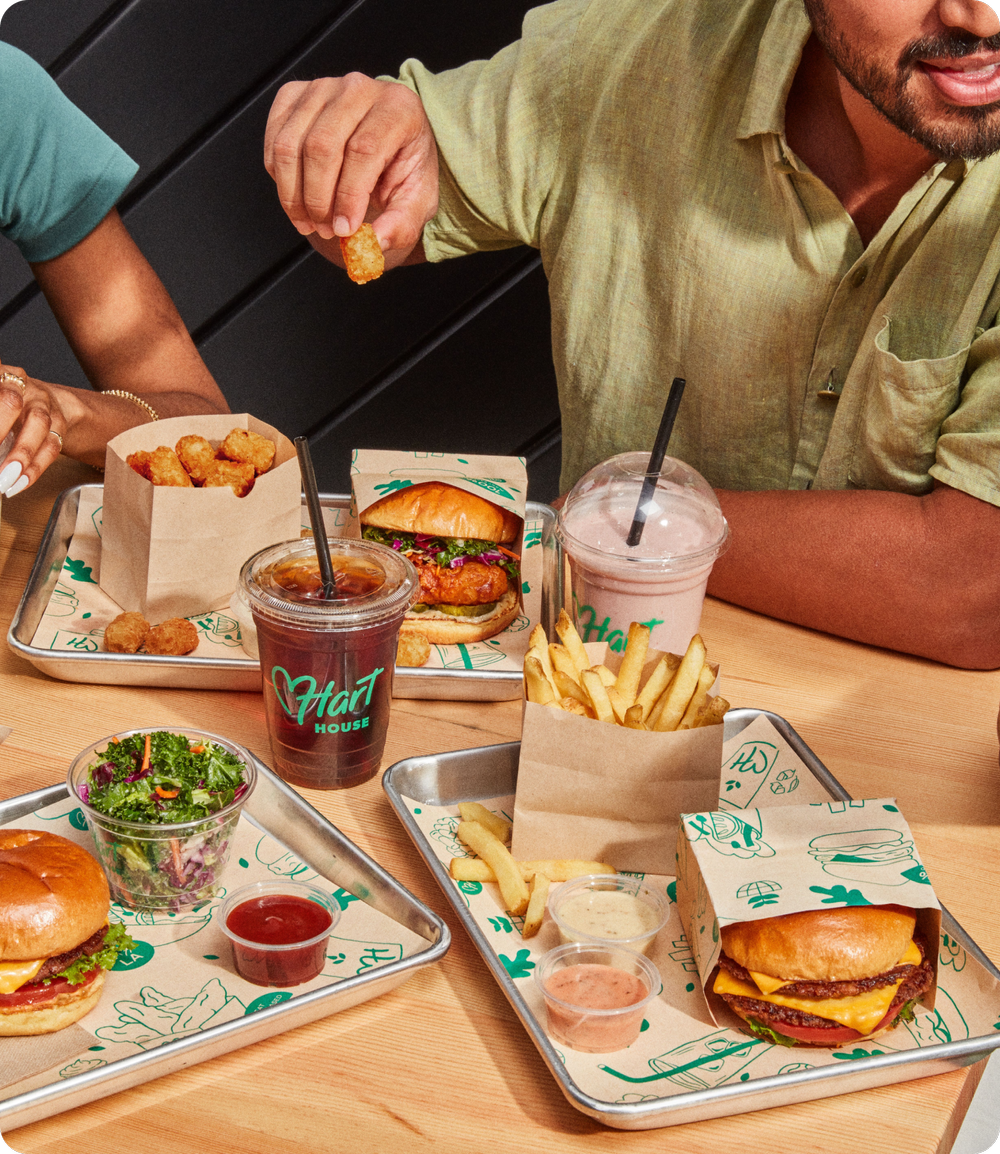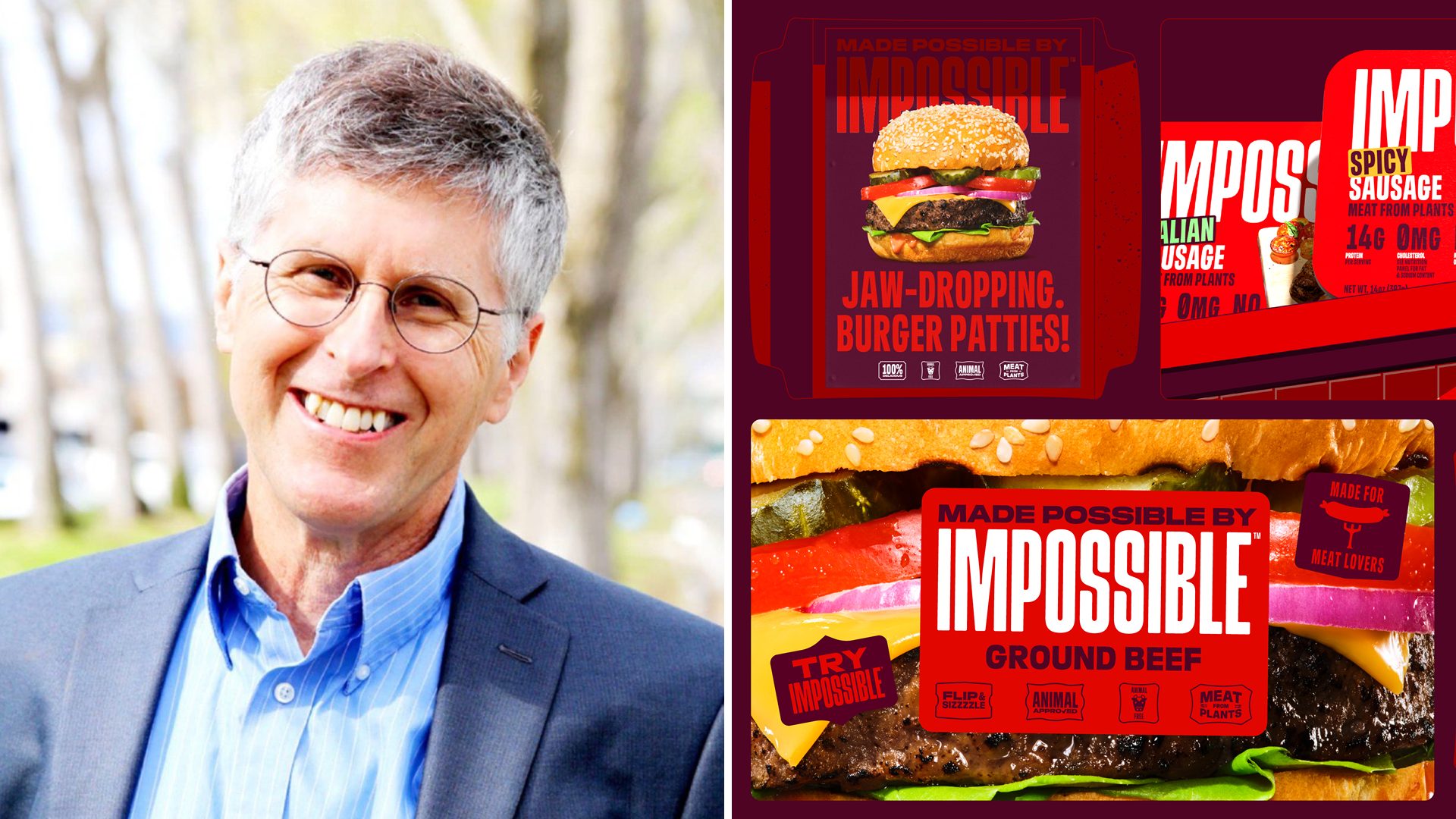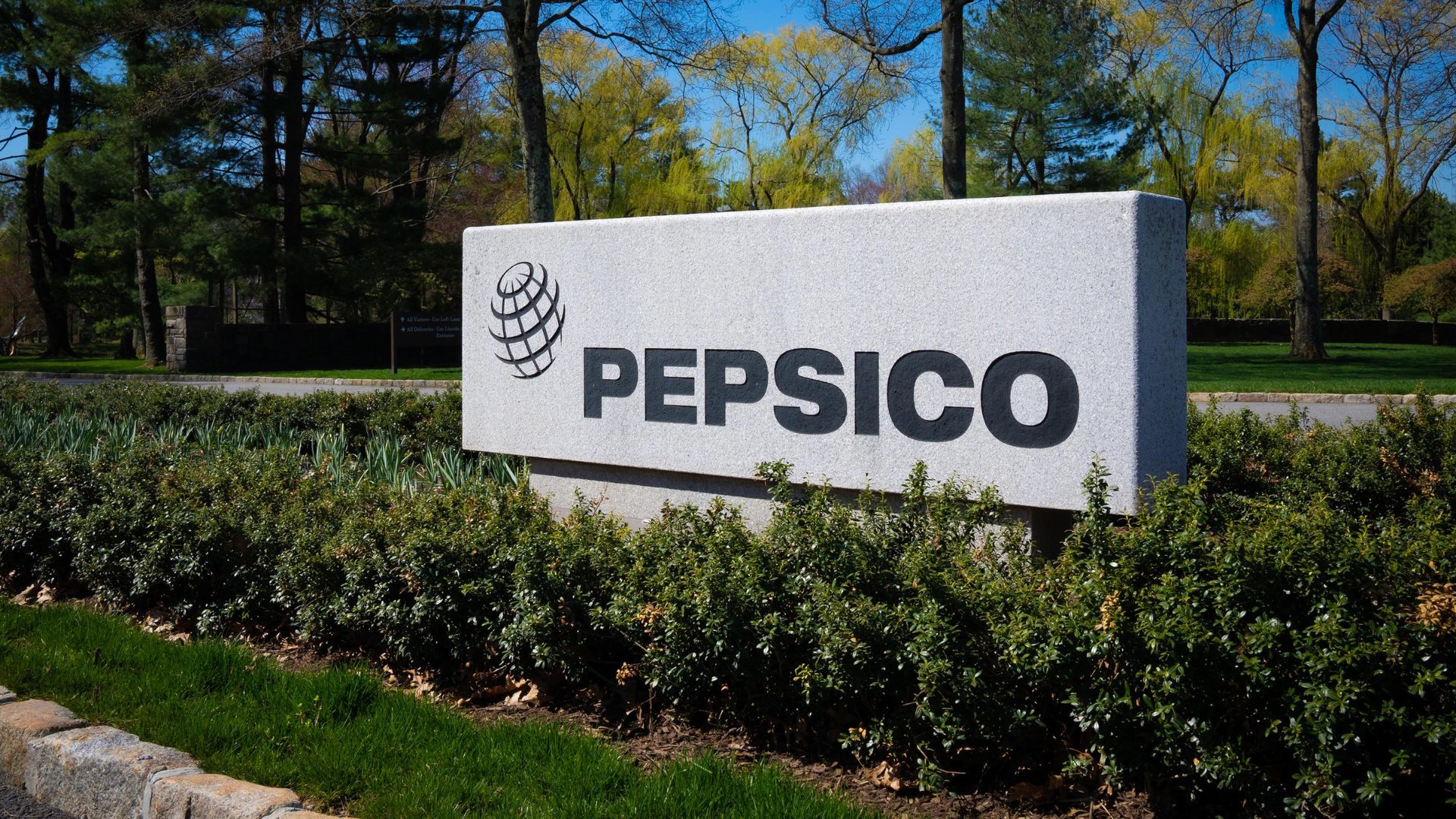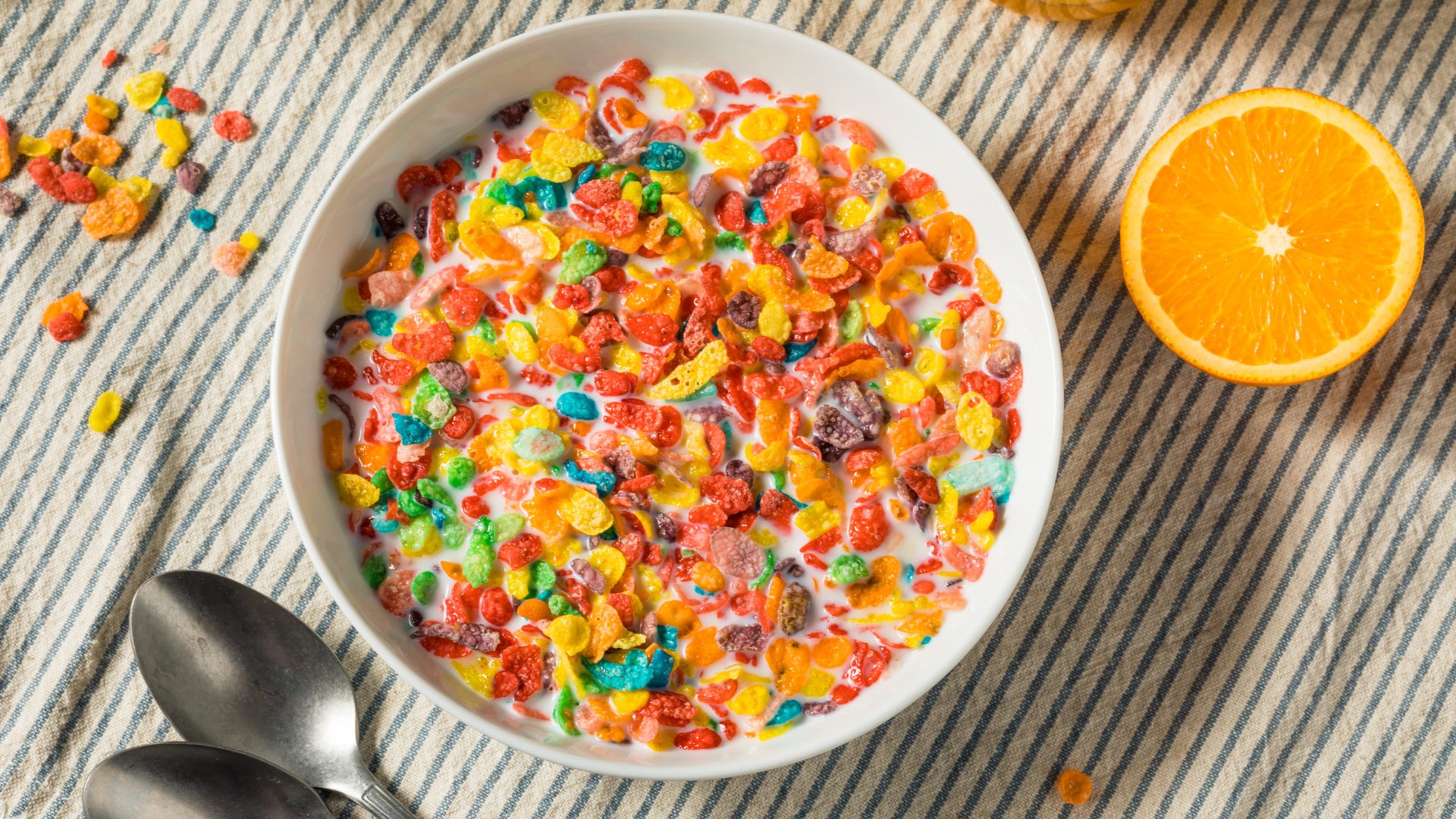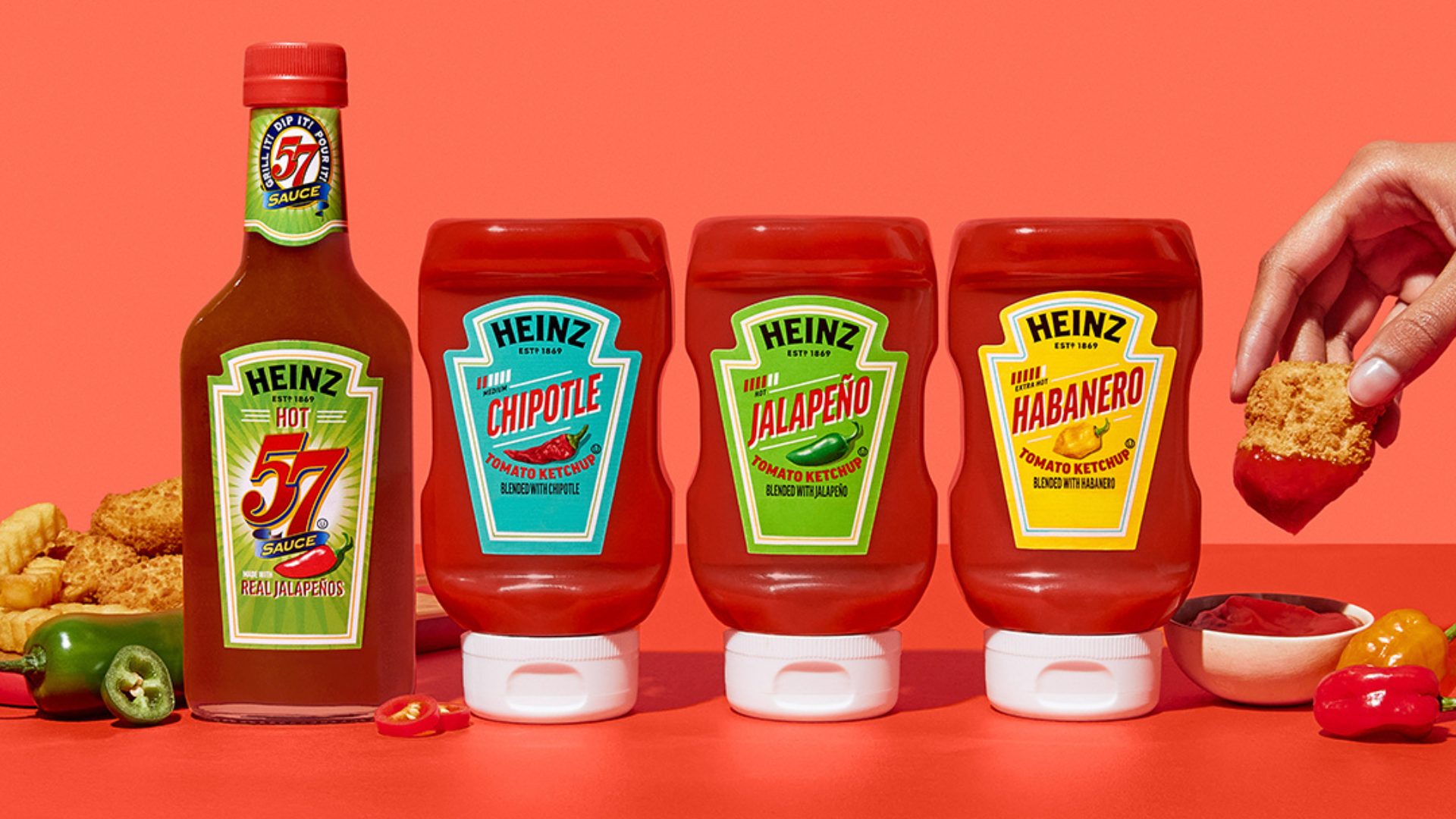On September 10, the plant-based fast-food chain Hart House abruptly closed all four of its locations based in Los Angeles despite a promising debut and the celebrity backing of actor and standup comedian Kevin Hart.
Launched in 2022, Hart House aimed to appeal to the plant-based demographic with a menu of proprietary “burg’rs,” “chick’n” sandwiches, shakes, and more. Alas, CEO Andy Hooper recently confirmed the chain’s closures, noting the brand’s gratitude to its employees and customers for their support.
“The response to the product has been incredible, and we thank our committed team, our customers, and our community partners for helping make the change we all craved, and for their unwavering support of Hart House,” Hooper said in a statement.
A Wave of Closures
The Hart House closures were by no means an isolated event. In 2023, the Veggie Grill chain closed about 40% of its units nationwide and was subsequently acquired by Next Level Burger in January 2024.
Other plant-based brands that have either closed locations or exited the market include:
• Minneapolis burger chain Stalk & Spade
• Wild Thing in Portland, Oregon
• LA vegan concept VegeNation
So, what’s driving these recent closures?
Quick Expansion Meets Quick Service
The rapid expansion of many vegan concepts appears to have outpaced demand in recent years, increasing competition within the niche market.
Hart House initially aimed to open around 100 locations within five years, but the abrupt closure of all four of its units reveals that its ambitious approach wasn’t sustainable.
Hooper had also mentioned plans to enter the consumer packaged goods (CPG) space, which has proven to be an overly optimistic goal in light of recent headlines.
In April, California increased its minimum wage from $15.50 to $20 an hour — a move that benefits workers but significantly increases operational costs for restaurants that are already navigating thin margins within a key plant-based market.
Hart House attempted to differentiate itself from competitors by offering higher wages, better healthcare coverage, and extra employee benefits; however, these commendable initiatives may have ultimately worsened its financial woes.
Plant-Based Pricing Discrepancies
Hart House avoided using popular plant-based products like Beyond and Impossible in favor of its proprietary patties, and its menu items were priced competitively, with most offerings under $8 and combo meals below $15.
However, the price point is still quite high when compared with that of traditional fast food – a concern that’s especially critical given the economic uncertainty many consumers are currently facing.
This reflects the massive price-per-pound gap between alternative and standard meat that’s impacting sales within the entire plant-based industry.
Consumer Skepticism of Celebrity Ventures
Although celebrity-driven brands tend to capture quite a bit of attention surrounding their initial launch, the shine eventually fades — and then, the skepticism sets in.
“Consumers may have viewed Hart House as more of a novelty than a serious player in the fast-food industry,” said Bassem Mostafa, lead market analyst and owner of Globemonitor Market Research Agency.
“While Kevin Hart’s star power brought visibility, it didn’t necessarily translate into sustained foot traffic or customer retention, both of which are critical for survival in the competitive restaurant space,” Mostafa added.
The rapid rise and fall of Hart House highlight the volatility of the plant-based restaurant market. While consumer interest in plant-based diets remains strong, particularly for health and sustainability reasons, the industry is at a crossroads.
Brands will likely need to adopt more measured growth strategies, maintain a deep understanding of fluctuating market dynamics, and find ways to balance pricing and value while managing operational costs to stay afloat.
For now, the sudden closure of Hart House serves as a cautionary tale for the challenges facing the plant-based sector.


